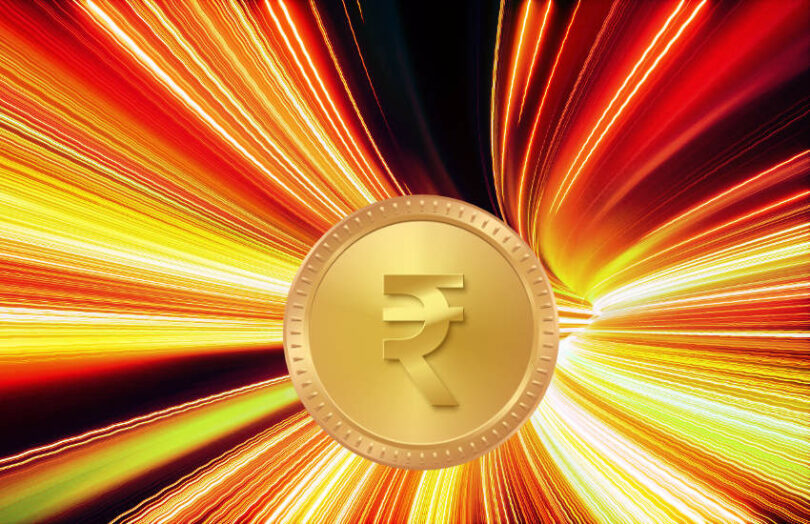An Indian press report states that the Reserve Bank of India plans to launch a wholesale central bank digital currency (wholesale CBDC) in January 2024. The digital rupee report from the Financial Express cites un-named sources at a bank, and so far we have not verified the news.
A year ago India initiated wholesale CBDC pilots where the CBDC is only used between banks. It started by using the CBDC to settle secondary market government bond transactions. Last month it moved on to interbank settlement in call money markets.
“The infrastructure for wholesale and retail CBDC is not very different but we need to be careful with wholesale CBDC because it will involve large transactions for which banks will be required to put in place foolproof accounting, auditing and settlement reporting systems and other security safeguards,” a senior bank official told Financial Express.
It cites another bank source as saying the initial use case will be for the settlement of SME transactions to keep transaction sizes low in the early phases. Without further details, that’s an unusual use case, bar the desire for smaller transaction sizes. Wholesale CBDC is purely used for interbank settlement but could be used to settle the interbank payments relating to SME transactions.
“Wholesale CBDC is a new concept and companies have some concerns about dispute settlement,” a bank official told Financial Express.
Most wholesale use cases worldwide have been for settling capital market transactions and/or DLT-based transactions enabling atomic settlement. In other words, the payment and transfer of title to assets happens simultaneously.
Wholesale CBDC for trade transactions?
Without further details, for SME transactions it’s unclear how a wholesale CBDC would be better than using the conventional Real Time Gross Settlement (RTGS) system between banks. We’d speculate one example could be to settle DLT-based trade or trade finance transactions. Another is cross border trade payments.
This is reinforced by India’s collaboration with the UAE for a bridge between their CBDCs targeting remittances and trade. The UAE is also involved in the wholesale cross border CBDC Project mBridge with the central banks of Thailand, Hong Kong and China.
On multiple occasions, both the Reserve Bank of India and the Treasury have stated that cross border CBDC is likely the most beneficial CBDC use case.
Meanwhile, India has also moved at a rapid pace with its retail CBDC solution. It recently integrated the QR codes with its popular UPI instant payment system. A Treasury official recently observed that the success of UPI could limit the adoption of the retail digital rupee.






